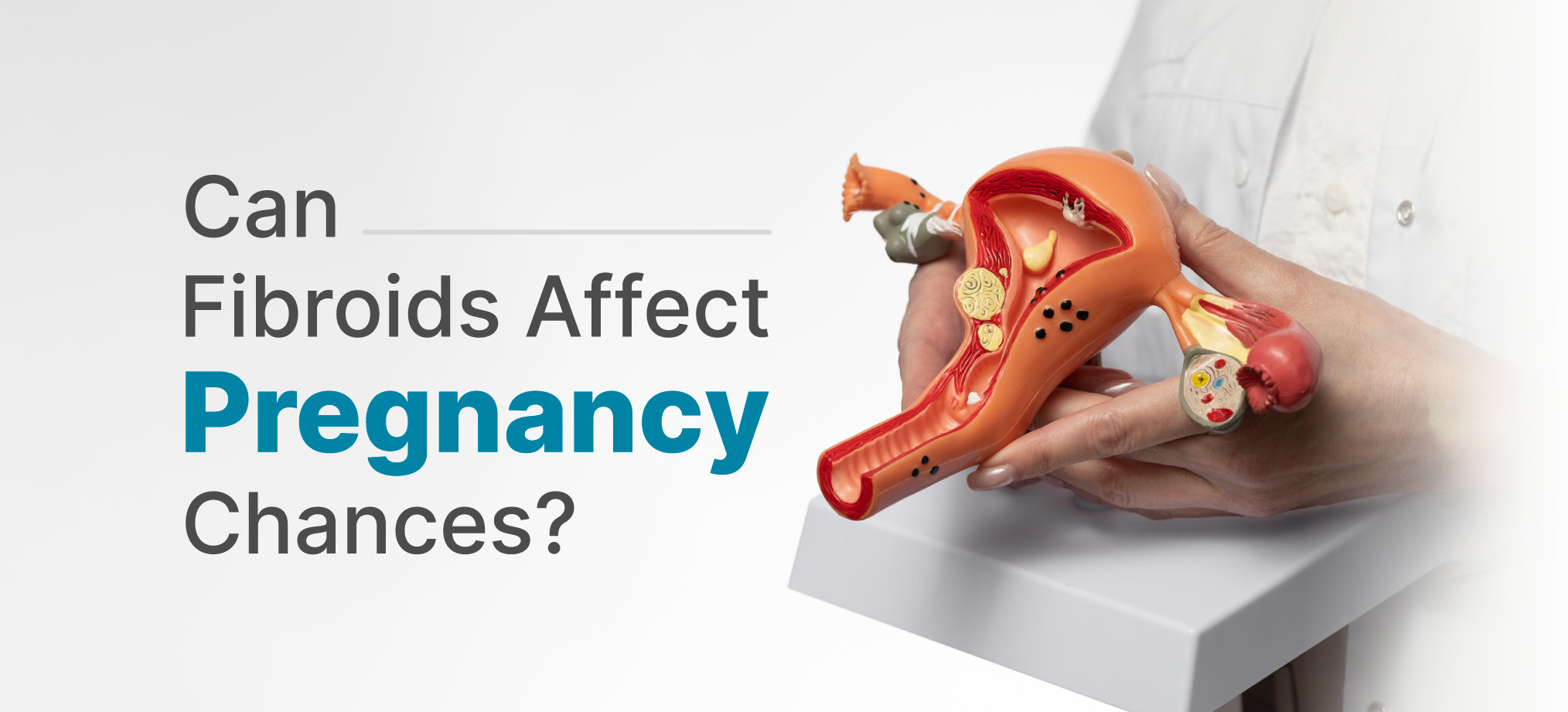- Home
- Blog
- Women Care
Ensuring Safe Motherhood: How To Take Care Of Pregnant Women?
Women Care
Ensuring Safe Motherhood: How To Take Care Of Pregnant Women?
By Apollo 24|7, Published on- 07 April 2022, Updated on -02 January 2023
Share this article
0
27 likes

Every year 11th of April is observed as National Safe Motherhood Day across the country to ensure the safety and health of the mother and the child throughout pregnancy and childbirth. Pregnancy is a 40-week magical journey for every expecting mother, which begins with the last date of menstruation (periods) of a woman till the birth of their baby. The duration of pregnancy is divided into three periods, also called three trimesters.
The first trimester starts from the 1st week to the 12th week. It is the most crucial time of pregnancy as most miscarriages and birth defects occur during this phase. The second trimester starts from the 13th week to the 28th week, while the third trimester starts from the 29th week and can end at 38th or 40th week depending on when the baby is ready to be delivered.
This article addresses some do’s and don’ts that must be followed by women to have a healthy pregnancy.
Things to be kept in mind during pregnancy
1. Diet
- The diet of a pregnant woman must contain ample amounts of protein, carbohydrates, vitamins, minerals and other nutrients to ensure the proper growth and development of the baby.
- Do not eat for two. During the first trimester, the pregnant woman requires no extra calories. The need for additional calories increases to an extra 340 in the second trimester and 450 in the third trimester.
- Avoid consuming junk and processed foods as it adds extra weight and contains too much salt. Being overweight during pregnancy can result in high blood pressure, gestational diabetes (high blood sugar during pregnancy) and even preterm birth of the baby.
- Do not consume fish with high mercury content such as king mackerel, tuna, shark, sea bass, tilefish, swordfish and bluefish.
- Avoid raw or undercooked meat, liver, game meats, and seafood as they increase the risk of contracting various infections such as Listeria and toxoplasmosis, which can result in miscarriage and other pregnancy-related complications.
- Do not consume unpasteurised milk or milk products such as cheese as it may contain infectious bacteria such as Campylobacter, Brucella and Listeria, which can result in miscarriage, stillbirth, preterm delivery and foetal death.
- Limit or avoid the consumption of caffeine during pregnancy as it can cross the placental barrier and result in low birth weight.
Recommended reading: The Foods Best Avoided or Limited During Pregnancy
2. Supplements
- Prenatal (before the baby is born) supplements of folic acid, vitamin D and iron must be consumed by pregnant women as it is required to prevent the occurrence of birth defects such as spina bifida (defect in the spinal cord) and anencephaly (incompletely formed brain).
- Do not take any over-the-counter available medicine or any herbal supplements without consulting the doctor as any of its ingredients can be harmful to the baby.
Recommended reading: Do All Women Need Folic Acid Supplements?
3. Sexual intercourse
- Women with a normal pregnancy can continue having sexual intercourse as it is perfectly safe for both the mother and the baby.
- Women with a history of miscarriage, pre-term labour, placenta previa or incompetent cervix must consult their doctor beforehand.
4. Exercise
- Pregnant women must exercise for at least 150 minutes a week. The exercise should be a moderate-intensity aerobic activity such as brisk walking, swimming, yoga, pilates and riding a stationary bike.
- Avoid doing high-intensity exercises after the first trimester such as weight training, heavy lifting and sit-ups, as they can induce premature labour and bleeding.
- Any exercise that involves bouncing, jarring (horse riding), leaping or a sudden change in direction (skiing) must also be avoided.
Recommended reading: Can Regular Exercise Help Beat Gestational Diabetes?
5. Oral health
- Oral health must be maintained by pregnant women as they are prone to pregnancy gingivitis (inflammation of the gums). Regular brushing, flossing and consumption of vitamin C can help in keeping the gums healthy.
6. Travelling
- Women with an uncomplicated pregnancy can work and travel throughout their gestational period (pregnancy). However, travelling during the first trimester is not recommended due to morning sickness (nausea and vomiting).
7. Vaccination
- Live vaccines such as BCG (vaccine for TB), MMR (vaccine for measles, mumps and rubella), polio, typhoid and yellow fever are not recommended during pregnancy as they increase the risk of infections and birth defects.
- Pregnant women are at increased risk of developing severe COVID-19 infection, therefore they should get vaccinated against the contagious virus. Covishield, Covaxin and Sputnik V have been approved for the vaccination of pregnant women against COVID-19 infection.
8. Rest
- Pregnant women must take frequent naps to avoid exhaustion and to deal with the numerous physical and hormonal changes happening in the body.
9. Toxic substances
- Stay away from lead-based products such as lead paint or dust as it can result in miscarriage, premature delivery and low birth weight.
- Stay away from insecticides, pesticides and repellents as they may contain diethyltoluamide, which can result in miscarriage, premature delivery and several birth defects.
- Try to stay away from household chemicals such as paint thinners, cleaners and air fresheners as they can be toxic.
- Chemicals such as ammonia and chlorine may not be toxic but can make a pregnant woman nauseated.
10. Bathing
- Avoid using saunas, hot tubs, hot long baths and showers as they can cause overheating in pregnant women.
- Overheating (body temperature above 102-degree Fahrenheit) during the first trimester has been associated with neural tube defects and miscarriages.
11. Unhealthy Habits
- Avoid alcohol completely as there is no safe limit for alcohol intake during pregnancy. Consumption of alcohol during pregnancy can result in neural tube defects in the baby. Therefore, it is best to avoid it completely till the baby is born.
- Quit smoking completely as the nicotine, carbon monoxide, and other chemicals of the cigarette can pass on to the growing baby and can result in miscarriage, stillbirth, low birth weight or sudden infant death syndrome (SIDS).
12. Exposure to Radiation
- Until extremely necessary, avoid getting x-rays as exposure to radiation can harm the foetus.
Takeaway
Pregnancy can be both exciting and worrisome for women. They need to be extra careful about their food, habits and lifestyle as it directly or indirectly affects the baby. Women must keep the above-mentioned tips in mind to ensure a safe and healthy pregnancy. A gynaecologist must be consulted in case of any uncertainty.
Want to talk to a Gynaecologist?
Services
Women Care
Leave Comment
Services
Recommended for you

Women Care
7 Tips To Manage PCOS Acne
Acne caused by polycystic ovary syndrome (PCOS) is a common skin problem among women. Not to mention, keeping it under control is a major struggle. Explore useful tips on how to avoid breakouts in PCOS through this blog.

Women Care
5 Best Ways to Help Ease Leg Cramps During Pregnancy
Hormonal changes, gaining weight, back pain, and leg cramps are just some of the difficulties a pregnant woman faces. Our medical experts have created a list of the top 5 easy hacks to help pregnant women cope with the agony of leg cramps. Check out this blog now!

Women Care
Do All Fibroids Need Surgery?
The presence of fibroids, which are benign growths in the uterus, is often undetected in many women. But what are the symptoms that women have that may necessitate their undergoing surgery? Dive in here to find out when fibroids need surgery.
Subscribe
Sign up for our free Health Library Daily Newsletter
Get doctor-approved health tips, news, and more.

